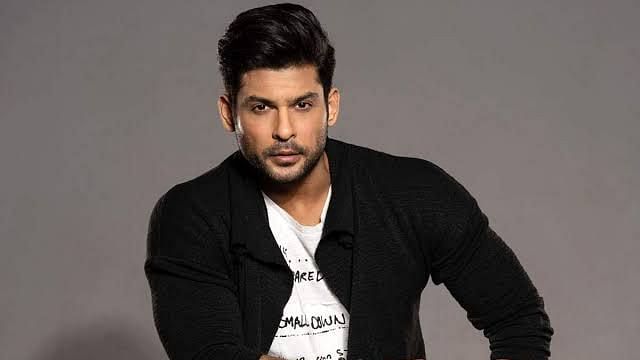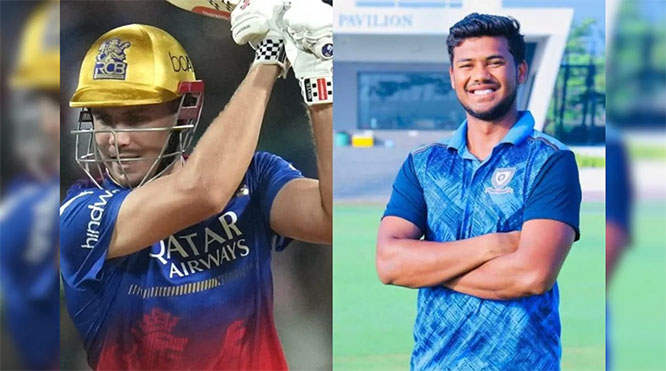
Popular TV and film actor Sidharth Shukla died at the age of 40 on Thursday. He was brought dead to Cooper Hospital, forensic department head Dr R Sukhdeve said.
Since the news of his demise, an outpouring of grief and condolences has flooded the internet. He found immense fame after winning Bigg Boss 13.
After hearing the unfortunate news, a number of celebrities and colleagues of Sidharth took to social media to pay their tribute. Comedian Kapil Sharma tweeted, “Oh god, it’s really shocking n heartbreaking, my condolences to the family n prayers for the departed soul. Om Shanti.” Kriti Kharbanda wrote, “No words. This is just heartbreaking.”
Hailing from Mumbai, Sidharth Shukla made his acting debut with the Hindi TV show Babul Ka Aangann Chootey Na in 2008. He got his first major breakthrough after starring in the Colors TV show Balika Vadhu.
This was followed by his stint in several reality TV shows, such as Khatron Ke Khiladi, India’s Got Talent and multiple seasons of Bigg Boss. He was the winner of Bigg Boss 13 and recently appeared on Bigg Boss OTT with Shehnaaz Gill.
Besides Salman Khan and Akshay Kumar, Bhuj actor Ajay Devgn also tweeted on Sidharth Shukla's untimely death.
He wrote: Life & death are both baffling. But when someone as young as #SidharthShukla passes away with suddenness, one is very sad... Condolences to his family. RIP Sidharth
Salman Khan, who hosted Bigg Boss 13 which Sidharth Shukla won, has expressed his shock at latter's death news. He tweeted: Gone too soon Siddharth.. u shall be missed. Condolences to the family .. RIP
Sana Khan broke down while talking to media about Sidharth Shukla. She said that she couldn't believe the news and checked multiple times on Google. She added, "I am still in shock. I cannot believe, this has happened. God, lease give strength to his family. He was such a nice human being and that's why he won Bigg Boss 13."








Comments
Add new comment